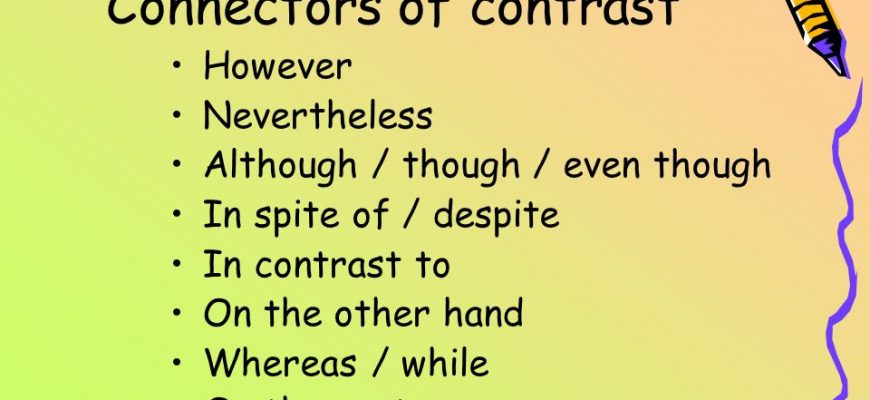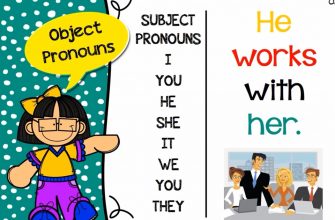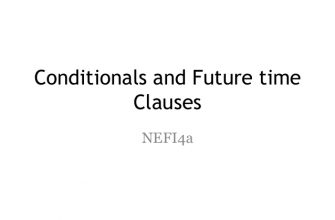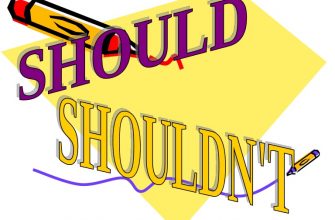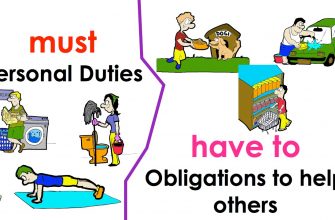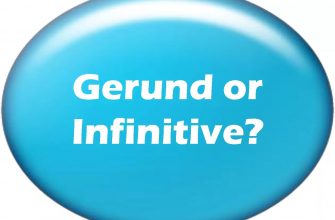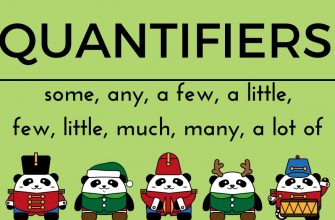Contrast
however
However means ‘but’.
However is normally used at the beginning of a sentence, before a comma (,) and after a full stop (.) or a semicolon (;).
- We didn’t like the hotel. However, he had a good time.
- I would like to have a dog; however, my husband is allergic to dogs.
although
Although means ‘despite the fact that’, or ‘but’.
Although can be used at the beginning or in the middle of a sentence. We do NOT use a comma after although; we use although + subject + verb.
- Although he had a bad leg, he still won the game.
- I passed the exam, although I hadn’t studied.
Reason
because
We use because + subject + verb.
- We had to cancel the concert because it was raining.
- I didn’t call you because I didn’t want to worry you.
because of
We use because of + noun.
- We had to cancel the concert because of the rain.
- Many shops had to close because of the economic situation.
Result
so
So is the most common connector to express result. It is normally used in the middle of a sentence after (,).
- We worked hard all morning, so I am very tired now.
- The TV is very expensive, so I don’t think I’ll buy it.
Time
before
We use can use before + noun / -ing verb, or we can use before + subject + verb.
- Before I have breakfast, I read a few pages.
- Before having breakfast, I read a few pages.
- Before breakfast, I read a few pages.
after
We use can use after + noun / -ing verb, or we can use after + subject + verb.
- I smoke a cigarette after dinner/ having dinner/ I have dinner.
When we are talking about consecutive actions, we can use then of after that, but we cannot use *after.
- I got up and had a shower. Then/After that, I made breakfast. (NOT
After, I made breakfast).
while
We use while + subject + verb to talk about actions happening at the same time, simultaneously.
- I read the newspaper while I was waiting.
as soon as, when, once
As soon as, when, and once have a similar meaning. As soon as means ‘immediately when’.
- As soon as/when/once I get home, I’ll finish my homework.
We use present simple, and NOT will to express future after as soon as, when, and once.
- When I get home, I’ll call you. (NOT
when I will get home)
We use a comma after the first part of the sentence when we start with before, after, while, as soon as, etc. But we do not use a comma if we use before, after, while, as soon as, etc in the second part of the sentence.
- Before I go to bed, I brush my teeth.
- I brush my teeth before I go to bed.
